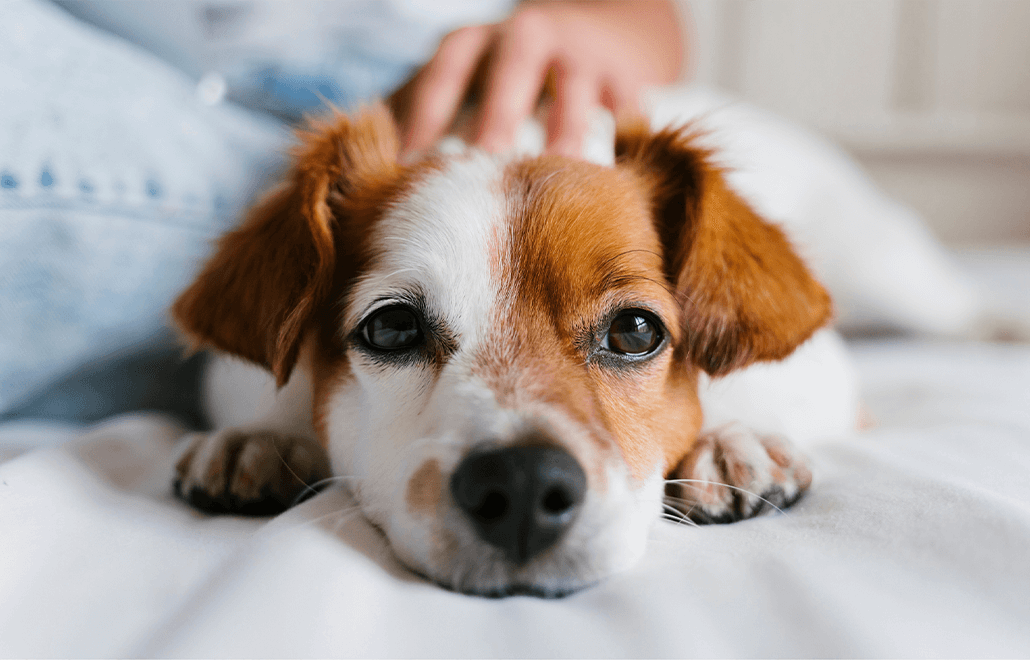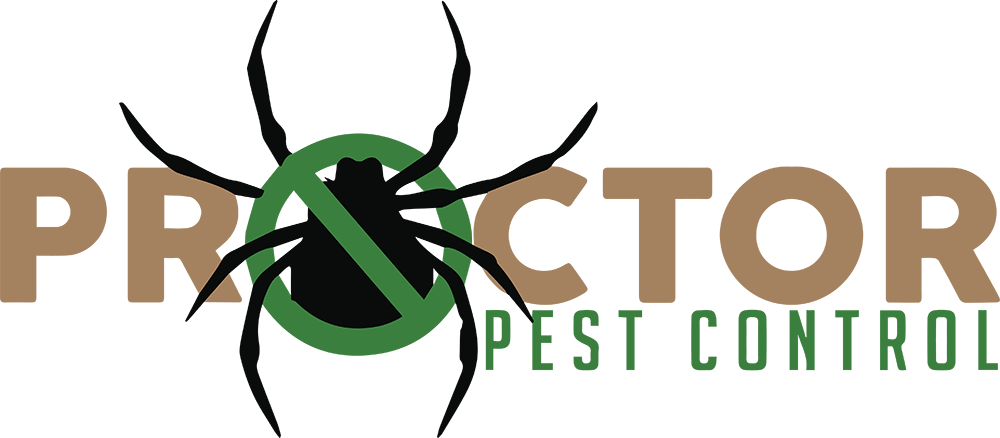
27 Feb The Role of Pets in Rodent Detection and Prevention: Keeping Furry Friends Safe
We understand that pets are cherished members of your family. They provide companionship, comfort, and even protection. But did you know that your furry friends can also play a crucial role in rodent detection and prevention? In this blog, we’ll explore how your pets can help keep your home rodent-free while ensuring their safety and well-being.
Natural Instincts:
Dogs and cats have well-honed natural instincts that make them excellent rodent detectors. These instincts include acute hearing and a strong prey drive. When rodents are present, your pets are often the first to sense their presence.
1. Early Detection:
Dogs, with their keen sense of smell, can detect the scent of rodents, even before you notice any signs. If your dog starts showing unusual interest in a specific area of your home, it may be worth investigating for potential rodent activity.
2. Watchful Cats:
Cats are natural hunters. Their agility and predatory instincts make them effective at catching and deterring rodents. Even if your cat doesn’t catch rodents, their mere presence can discourage these pests from entering your home.
3. Warning Signs:
Pay attention to your pet’s behavior. If they suddenly become fixated on a particular spot, start scratching at walls or floors, or exhibit increased vocalization, it could be a sign of rodent activity.
Rodent Prevention with Pets:
While pets can be valuable allies in rodent prevention, it’s important to ensure their safety in the process:
1. Pet-Friendly Pest Control:
When addressing rodent problems, choose pet-safe pest control methods. Traditional rodent poisons can pose risks to your pets if ingested. Opt for alternative solutions like snap traps or consult with a professional pest control service to use pet-safe methods.
2. Secure Food Storage:
Store pet food in airtight containers to prevent attracting rodents. Rodents are drawn to the scent of pet food, so keeping it sealed can reduce the risk of infestations.
3. Regular Checkups:
Regularly inspect your pets for any signs of bites, scratches, or potential exposure to rodents. Consult your veterinarian if you suspect your pet has encountered rodents to ensure their health.
4. Pet-Proofing:
Seal any entry points rodents might use to access your home. Ensure that your pets cannot access crawl spaces or areas where rodents may be present.
5. Professional Pest Control:
If you suspect a rodent infestation, it’s best to consult with a professional pest control service like Proctor Pest Control. They can safely and effectively address the issue while ensuring your pets remain unharmed.
A Win-Win Situation:
By involving your pets in rodent detection and prevention, you create a win-win situation. You keep your home rodent-free, protecting your family and property, while also ensuring the safety and well-being of your beloved pets. It’s a testament to the valuable roles our furry friends play in our lives.
At Proctor Pest Control, we prioritize both your family’s and your pets’ safety in our pest control strategies. If you suspect a rodent problem or need assistance with rodent prevention, don’t hesitate to contact us. Together, we can create a rodent-free environment where your pets can thrive.



